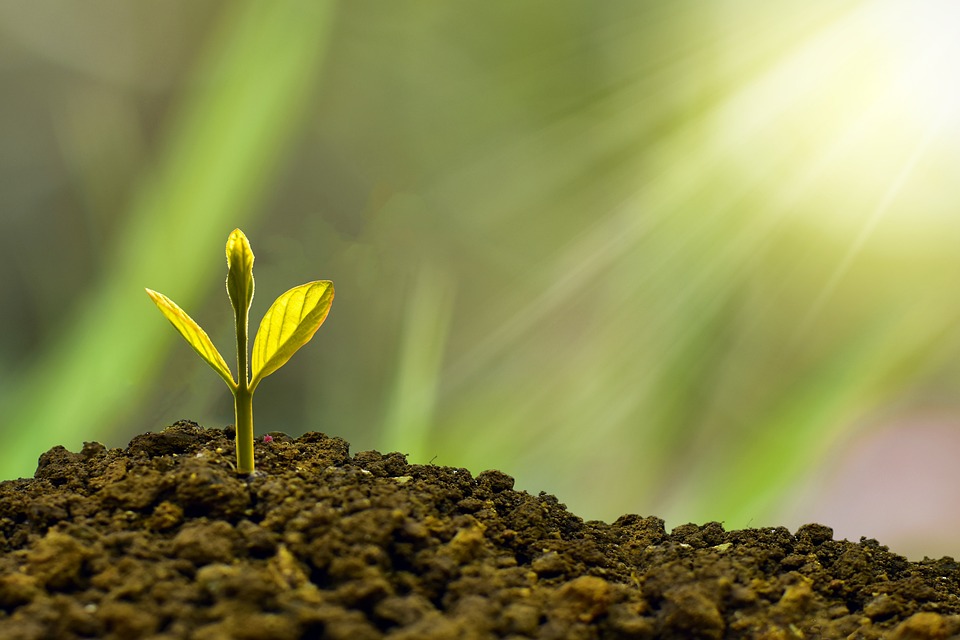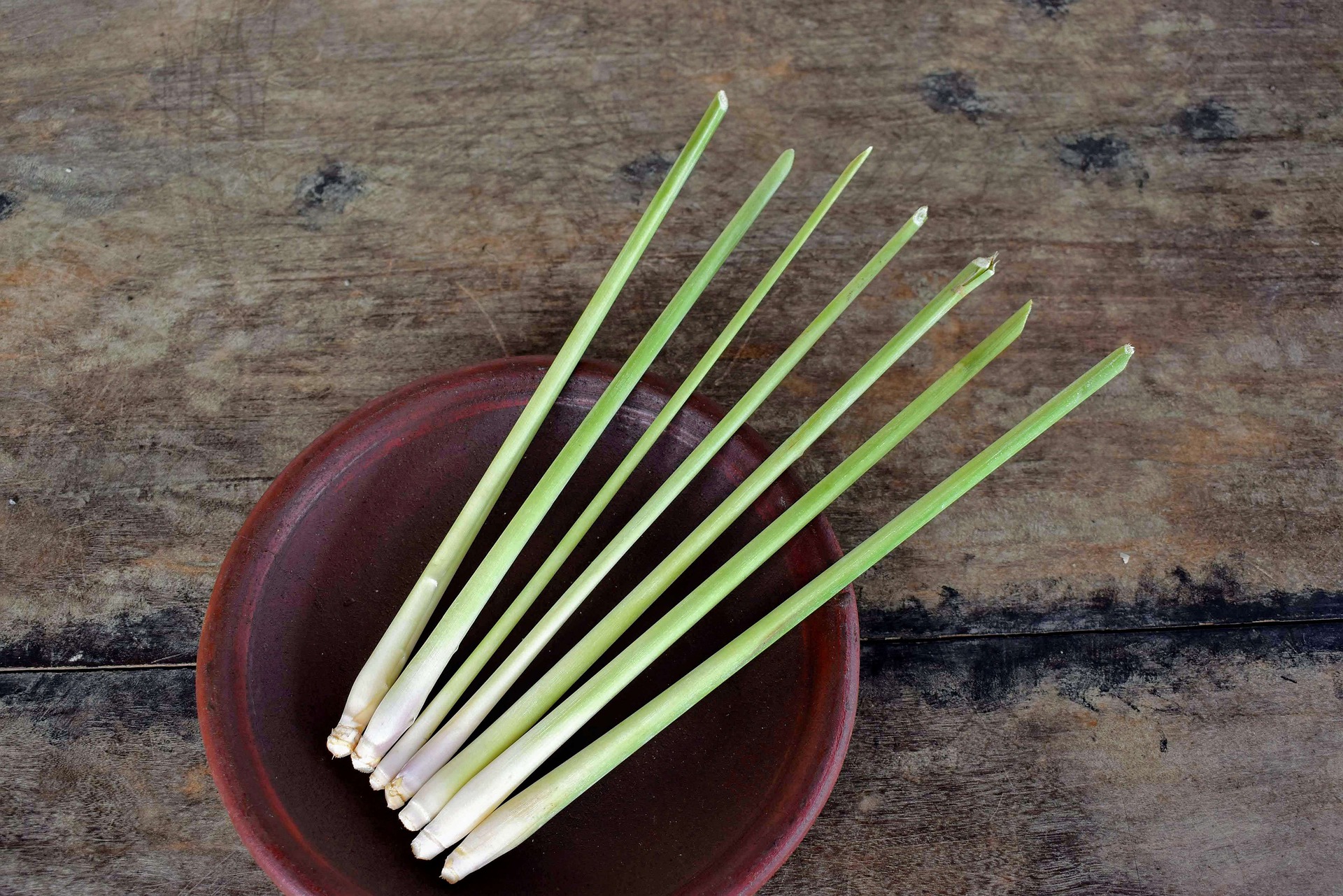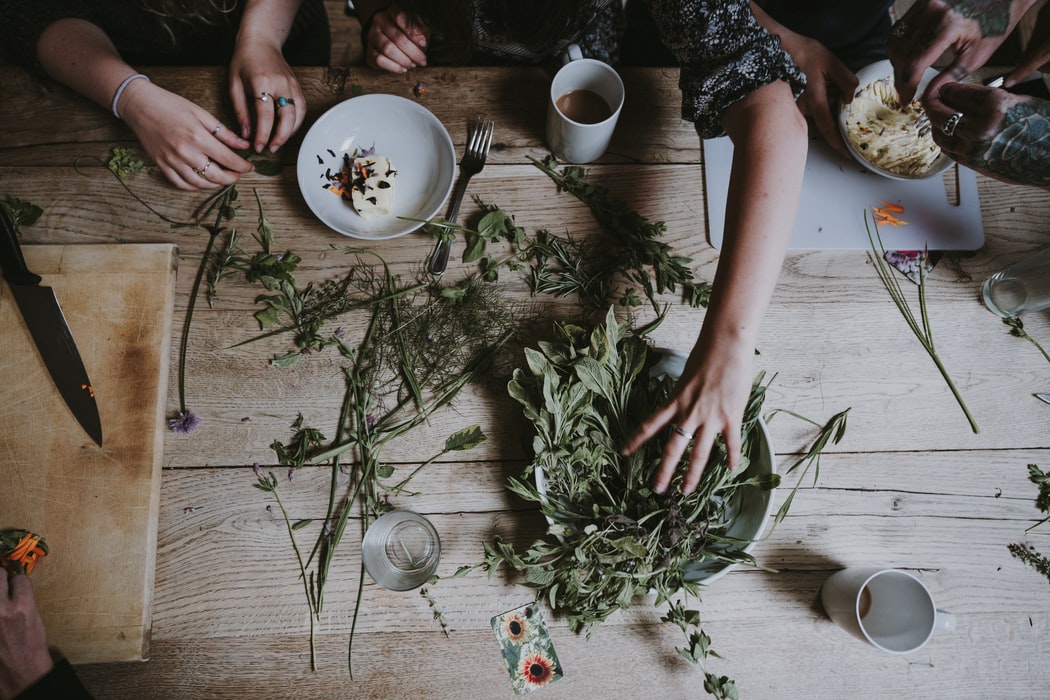If you are new to herb gardening, I can relate to your frustration when your herbs don’t grow the way you want them to. Herb gardening has been one of my favorite hobbies for years because it helps keep me busy and relieves my anxiety. I want this activity to be as calming for you as it is for me. So I’m going to show you the most common mistakes I made as a new herb gardener so you can avoid them…
Growing from seed.

Growing a plant from a seed is a special experience indeed, but a lot of things can go wrong. Seeds need a suitable environment to sprout and should be grown indoors before planting them outdoors. Plant starters are just as cheap (or less) than seeds, so do not think that seeds are more cost-effective. You can start with a healthy plant and avoid the disappointment of having no plants or struggling to make it grow.
Too complex, too early.
When growing herbs, it’s always best to produce what you love – after all, you will eventually use it to flavor your food! For a beginner, basil is the perfect herb to start with. It grows quickly and recovers very well if not watered enough. It’s better to start with a plant that can withstand some damage. The fact that basil is so versatile in recipes and is a very popular herb is another benefit.
Prevent an invasion in the garden!
When planted, certain herbs lose their manners and become invasive. Herbs like mint and oregano are voracious growers and become downright aggressive (even invasive) in the garden. To protect the rest of your garden, grow these herbs in pots and bury them in the ground. The extra control a pot exerts over the roots of these herbs can keep them from invading and taking over the rest of your garden. The surest way to protect your garden from this threat is, of course, to grow them in pots that are above the ground.
Water herbs like houseplants.
There are many differences between indoors and outdoors, and these differences make growing plants outdoors very different than growing them indoors. While herbs and houseplants do well indoors, if you water them once a week, that’s not enough for plants in the garden. Most herbs need moderate and regular watering, especially during the hot summer months. If you are growing in pots, make sure the pot has adequate drainage so that your herbs do not drown after a long period of rain. The disadvantage of growing in pots is that the herb needs even more water than if planted in the ground.
Flowers are not welcome at this party!

Hopefully, if you follow the advice on pruning and proper plucking, you won’t have anything to do with this mistake. Flowers are pretty to see on our annuals or perennials, but flowers on herbs are usually not a good sign. It is best to cut back herbs before they begin to form buds unless you are growing something for its edible flowers. Many people find that their sweet basil turns bitter in the middle of summer because the flowers ruin the flavor. In addition, herbs spend all their energy on reproduction and neglect growth. Cut off the flower buds when you find them so your herb can focus on leaf growth.
Herbs gardening is enjoyable and I won’t stop recommending it. If you want to give it a try, go ahead. Make sure to follow my advice to harvest flavorful herbs. Let us know in the comments which herb will you start growing…



